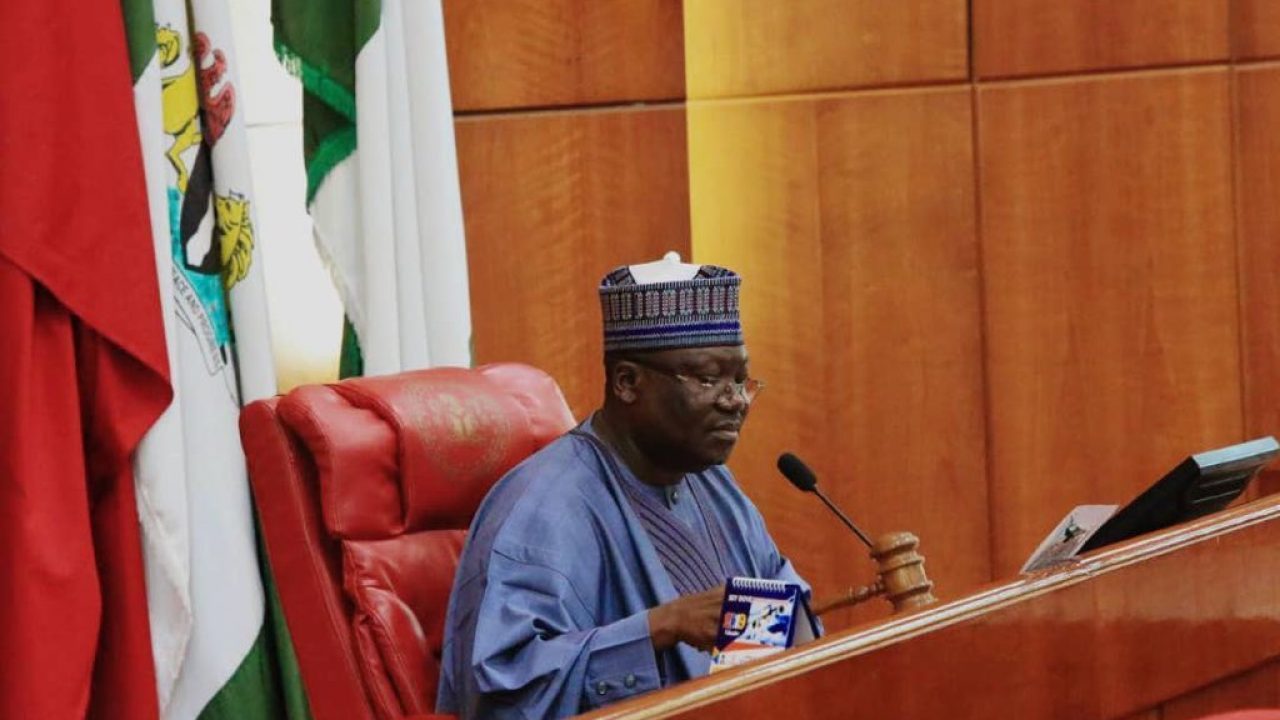The Chairman, Senate Committee on Power, Senator Gabriel Suswam, has reassured Nigerians that the problems linked with the quality of electricity supply in the country would soon be addressed with a legal framework.
He stated that the Senate was developing a comprehensive Electricity Bill in collaboration with the Nigerian Electricity Regulatory Commission to tackle the challenges facing the consumers, the suppliers and the regulators.
Suswam stated this when he led the Senate Committee on Power on oversight function to NERC head office on Monday.
He said, “The legal framework that we have in place which regulates the power sector was set up in 2004, just to enable the government to privatise the sector.
“Now we’ve gone beyond privatisation and there has to be an Electricity Act for the country.
“The Act, which should be ready in August, will set a legal framework that would touch on the issue of energy theft and the sanctions against those who bypass meters.”
The senator said the electricity distribution companies operating in the country had acceded to the appeal by the National Assembly to suspend their planned tariff hike, which should have started in August.
He said, “The Act that established the Nigerian Electricity Regulatory Commission gave it the power to make sure it carries out tariff reviews.
“To a large extent, they have done that but we now find ourselves in a difficult economic situation at the moment.
“By their own programme, the distribution companies are supposed to activate tariff increase by the first of July this year but the National Assembly appealed to them to tarry a while so that Nigerians could recover from the economic shock before they can activate the tariff.”
READ ALSO: Power project contractors should return to site- Power Minister
The Chairman/Chief Executive Officer of the NERC, Prof. James Momoh, said the electricity sector in Nigeria required $2.1bn to provide additional infrastructure to boost supply, bring in investors and improve the quality of life.
He noted that the infrastructure in the sector had deteriorated with obsolete equipment capable of generating 13, 000 Megawatts installed power capacity.
Momoh lamented that only 5,000MW generated was available for distribution by the DISCOs.
He remarked that the suspended tariff would not have affected the poor.
He said the regulator had mandated the distribution companies not to include those with low purchasing power in the tariff increase process.
The NERC Exec stated that a mechanism was developed that would absorb poor Nigerians from the proposed tariff hike.













